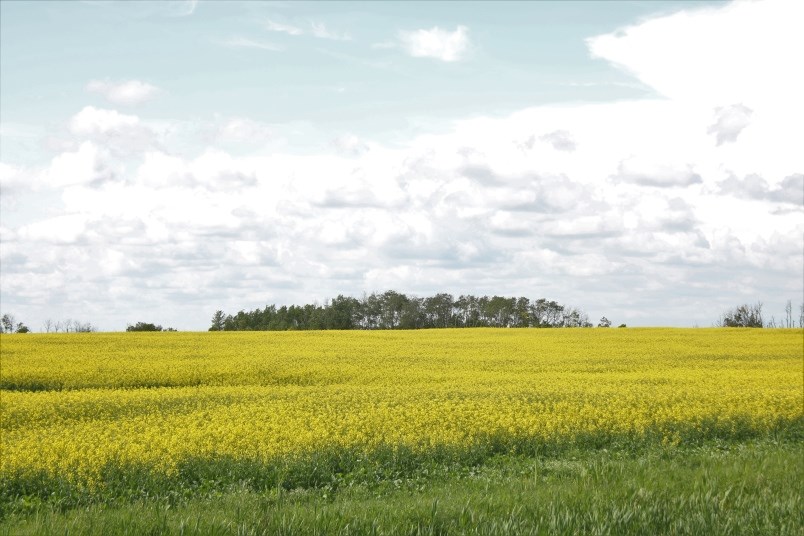YORKTON - Anyone doubting there is confidence in the future of the canola industry need look no farther than announcements made in Yorkton over the last few years.
Richardson International Limited announced a significant investment in their canola crush plant in Yorkton in 2021 to double its processing capacity to 2.2 million metric tonnes annually.
And now Louis Dreyfus Company (LDC), has announced it will expand its canola crushing facility here.
The facility's new capacity will be over two million metric tons, which is more than double its current capacity.
Simply put, that means a massive amount of canola will need to be consistently grown in the years ahead withing hauling distance of the two Yorkton-based facilities.
Now that doesn’t ensure a reasonable return on the cost-of-production for farmers moving forward, but it does at least mean competition for canola with the plants situated roughly within a long stone’s throw on each other.
When it comes to the future of canola, like many things, the crystal ball is rather cloudy.
For example a couple of weeks back I wrote about plans stateside by Corteva Agriscience, Bunge and Chevron U.S.A. Inc. announcing a collaboration to produce winter canola in the southern United States. There is a belief there is potential to grow up to 10 million acres in that region within seven to nine years.
Those new acres could be a game-changer in terms of canola supplies.
There is the bio-fuels sector which could absorb added production, but governments are rattling sabres in ways that could thwart growth in that area. German environment minister Steffi Lemke says she will soon send proposals to cabinet for the country to withdraw from the use of crop-based bio-fuel to achieve reductions in greenhouse gases.
And, in the US a recent government announcement indicated that country will subsidize its biofuel producers with a blenders’ credit, but only for bio-fuels crushed or distilled in the United States. That is certainly a door closing for bio-fuel production in Canada with an export target of the USA.
As usual government protectionism can quickly muddy production markets.
And let’s not forget the Canadian government looking at whether fertilizer use mandates are needed.
While policy geared toward greenhouse gas emission reduction should generally been seen as positive, reducing fertilizer usage that would impact human food production and bio-fuel sources as well, should be far down any list in terms of new policy initiatives.
Ultimately, Yorkton is a beacon in terms of future canola interest, but it will not necessarily be a smooth road on the way to the commodity’s future.






